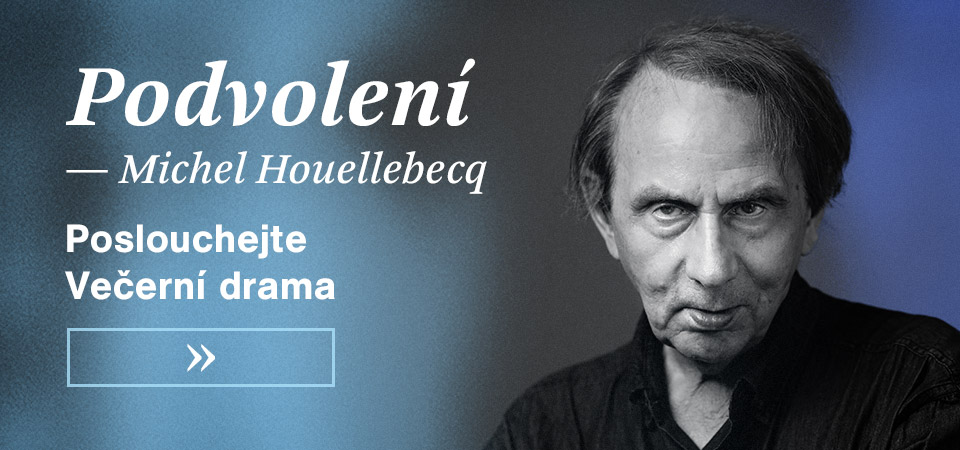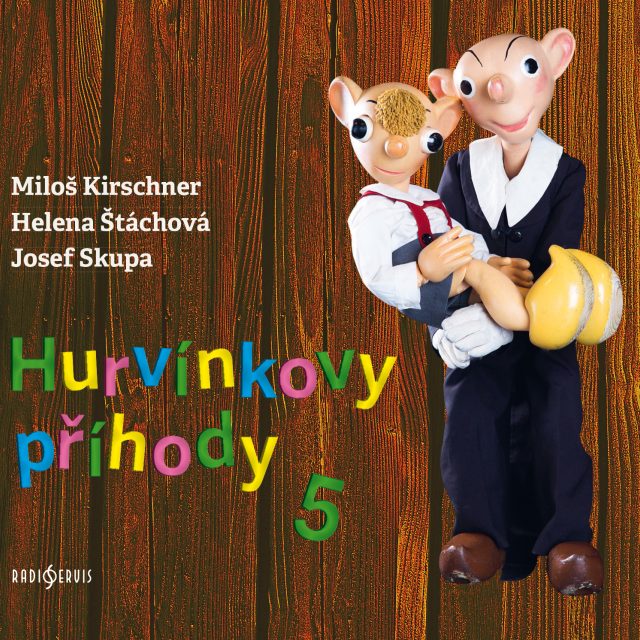Jan Dismas Zelenka
*16 October 1679 Louňovice pod Blaníkem†23 December1745 Dresden
A composer and double bassist, Zelenka is the foremost representative of the high point of the Czech Baroque in music but also important for German music in view of his many years of work in Dresden.The son of a teacher and organist in Louňovice, Jiří Zelenka, and his wife Magdalena née Hájková, he was christened Jan Lukáš, with Dismas, a name he used later, apparently coming from his confirmation. We have no document attesting to his studies although from his many ties to the Jesuit order, we may safely conjecture that he was educated in their College of St. Clement in the Old Town in Prague. The earliest of his compositions that can be documented, the school play Via laureata (ZWV 245, music not preserved), was performed in 1704 in the Jesuit College of St. Nicholas in the Malá Strana quarter of Prague. For the Jesuits in the Clementinum Zelenka also composed an Easter sepolcro (a ceremony at the Lord’s tomb). About that time he became a double bassist in the orchestra of Baron Johann Hubert Hartig, a governor of the Czechlands. It would seem that he relocated to Dresden in 1710 soon after a Catholic chapel was established when the Saxon Elector August Friedrich took up residence there (1708) after having converted to Catholicism so that he could be crowned King of Poland. The operation of this chapel in a Lutheran country, including its music ensemble, was entrusted to Czech Jesuits. In these contributions Zelenka became a key figure in the chapel, and along with young chorus members from the Czechlands he then provided their musical repertoire for years to follow. In 1726 he listed these works in his own hand (Inventarium rerum musicorum autorum), and a large portion of it miraculously survived even the bombing of Dresden during the Second World War. Several times Zelenka applied unsuccessfully for the position of court conductor but never progressed beyond double bassist until in 1735 he was given the title "Kirchen-Compositeur," composer of sacred music. Two periods of extended residence abroad were also important for him. From 1716 to 1718 he lived in Vienna, where he studied counterpoint under Johann Joseph Fux, composed his orchestral Capriccios (ZWV 182-186), and copied works that could be performed in the chapel in Dresden. Tradition alleges that he spent time in Venice and met Vivaldi, but this cannot be proved. The social apex of his career as an artist was his active participation in the festivities in Prague for the coronation of Charles VI as King of the Czechs. The Jesuits in the College of St. Clement decided on this occasion to perform a festive play on the rightful claim of the Habsburgs to the Czech royal throne. Zelenka was requested to set to music a religious Latin text in which Charles VI was proclaimed to be the direct heir of St. Wenceslas, the patron saint of the Czechlands. He complied, and under his direction an extensive three-act work for soloists, chorus and orchestra -- Sub olea pacis et palma virtutis conspicua orbi Regia Bohemiae Corona (Under the Olive Branch of Peace and the Palm of Virtue the World Renowned Royal Crown of Bohemia) – was performed for the imperial couple in the Clementinum on 12 September 1723. For these same festivities Zelenka also brought to Prague a number of his most important orchestral compositions: the Concerto a 8 concertanti, the Hipocondrie a 7 concertanti, the Ouverture a 7 concertanti, and the Sinfonia a 8 concertanti (ZWV 186-189). In Dresden he was only commissioned to write sacred music: masses, psalms, responsories, antiphons, litanies, etc. The group of his last masses is considered as to their artistry to rank among his greatest works: Missa Sanctissimae Trinitatis, Missa votiva (ZWV 18 of 1739, an hour-long work of 20 numbers expressing the composer’s thanks for his recovery from a serious illness), and the three last masses of a projected six-part cycle Missae Ultimae (ZWV 19-21): Missa Dei Patris, Missa Dei Filii and Missa Omnium Sanctorum. His three Italian oratorios - Il Serpente del bronzo, Gesù al Calvario and I penitenti al Sepolchro del Redentore (ZWV 61-63) – are also exceptional. The only one of his preserved works to have a Czech text, his setting of Psalm 150 Chvalte Boha silného (Praise ye the Lord, ZWV 165), was apparently written for his Protestant compatriots in Dresden. The rebirth of interest in Zelenka’s works came only with the groundbreaking edition of his instrumental compositions by Czech musicologist Camillo Schoenbaum in the 1950s and 60s and with acclaim for the recording of his Six Trio Sonatas by Heinz Holliger and the Camerata Bern.
Author: Tomislav Volek
Nejposlouchanější
-
Michel Houellebecq: Podvolení. Francie blízké budoucnosti a příběh o hledání víry, lásky a hranic
-
Michel Houellebecq: Mapa a území. Příběh fotografa, který hledá nové způsoby uměleckého vyjádření
-
Frank Bertrand: Poslední noc Tennessee Williamse. Bilanční monolog stárnoucího umělce
-
Jiří Karásek: Muž, který zásadně mluvil pravdu. Hvězdně obsazená detektivní tragikomedie z roku 1965
E-shop Českého rozhlasu
Závěr příběhu staré Karviné, který měl zůstat pod zemí
Karin Lednická, spisovatelka


Šikmý kostel 3
Románová kronika ztraceného města - léta 1945–1961. Karin Lednická předkládá do značné míry převratný, dosavadní paradigma měnící obraz hornického regionu, jehož zahlazenou historii stále překrývá tlustá vrstva mýtů a zakořeněných stereotypů o „černé zemi a rudém kraji“.




